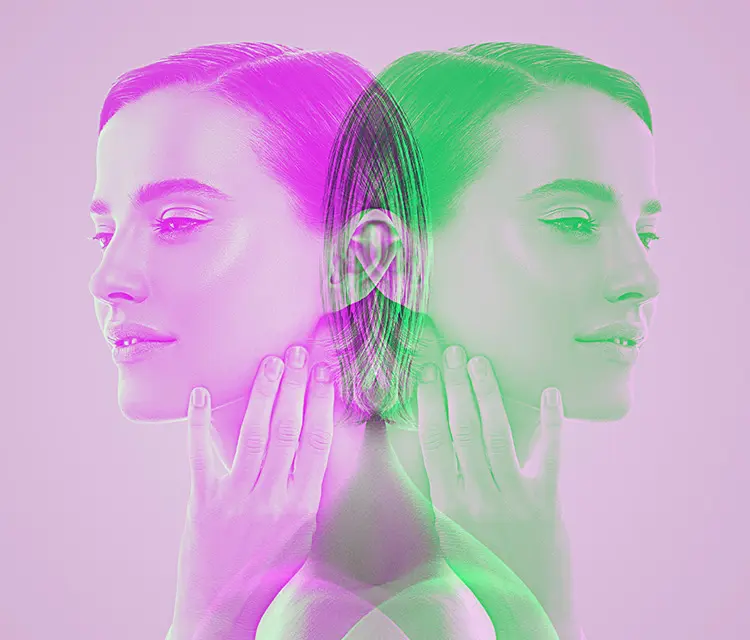Ingredients in cosmetic formulations
Cosmeceutical effectiveness - what is behind these words?

Scientific discoveries in the field of cosmeceuticals allow the effective use of these funds in anti-aging programs. Let's figure out which ingredients play a role in cosmetic formulations.
Cosmeceuticals is a relatively new term that has become popular in the last few years. Cosmeceutical formulations, cosmeceutical effectiveness - what is behind these words? Many cosmetic brands today exploit the term without clarifying what they mean by calling their products cosmeceutical. According to A. Kligman's definition, which refers to 1980, the category of cosmeceuticals includes cosmetic preparations that have pharmaceutical effectiveness, real or declared.
In order for a cosmetologist, dermatologist or doctor of aesthetic medicine to be able to form an opinion about the probable effectiveness of the drug, it is certainly not enough to rely on advertising articles or information provided by the manufacturer. It is necessary to have an idea about the main classes of cosmeceutical ingredients, to know the mechanism of their action, synergistic and antagonistic factors that can be used during the procedure.
Even an incomplete list of ingredients makes it possible to draw a conclusion about some common features that allow the ingredient to be classified as cosmeceutical and to draw a conclusion about its likely high effectiveness when used correctly.
Full version of the access article in Ukrainian
This article is part of the BIOHACKING special project
You can read all the articles on this topic:
Read also
- Correction of microelementosis in EM: enhancing the results of professional procedures
- Anti-aging care: cosmetics that prevent the appearance of signs of skin aging
- Preservatives in cosmetics: pros and cons
- Evidence-based cosmetology: how to evaluate the effectiveness of cosmetic products?
- Are cosmetics safe for children?
- Changes to cosmetic legislation in the EU
- Homosalate like a stumbling block
- With and without retinol: new cosmetic ingredients
- New skin care products
